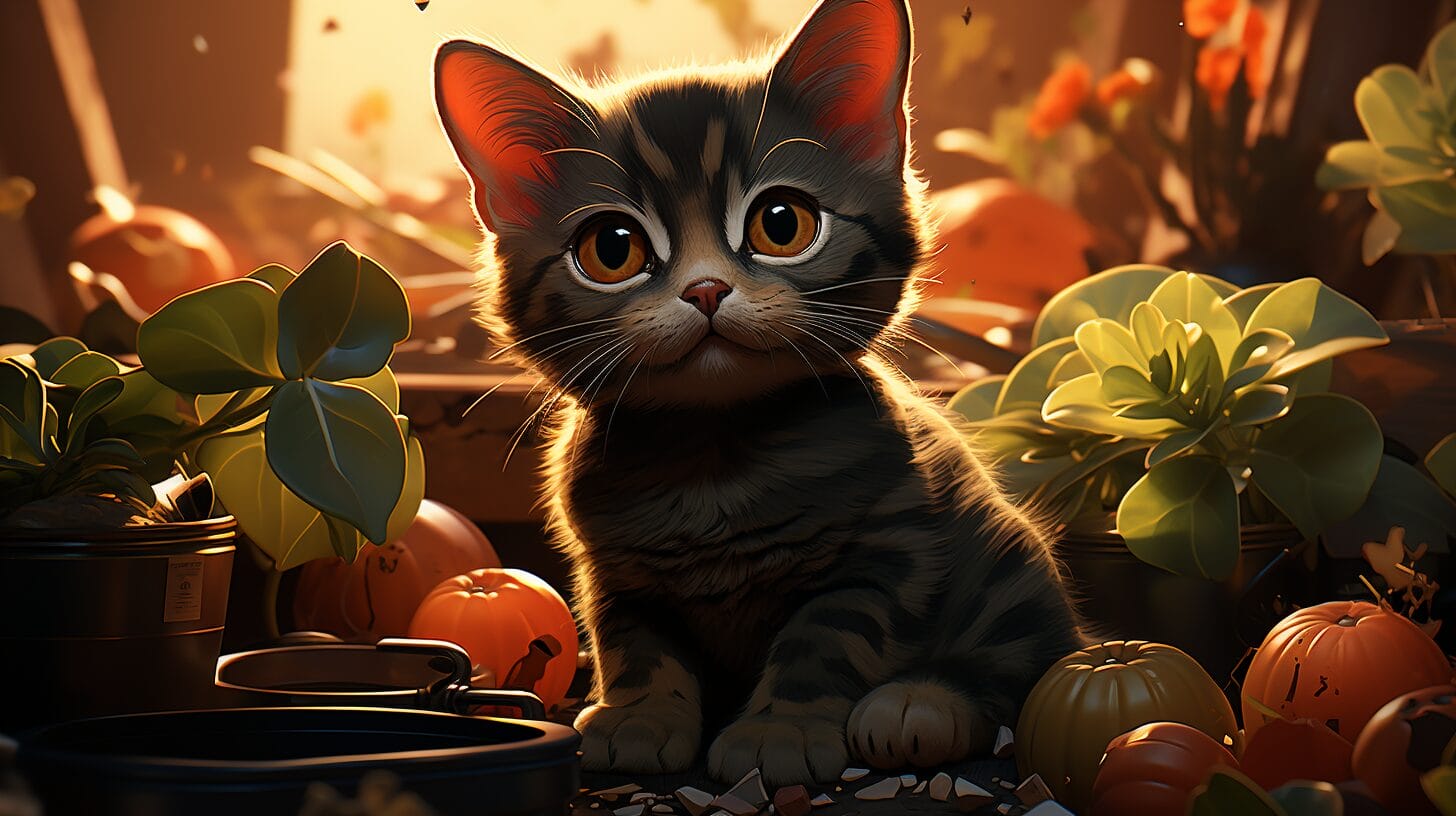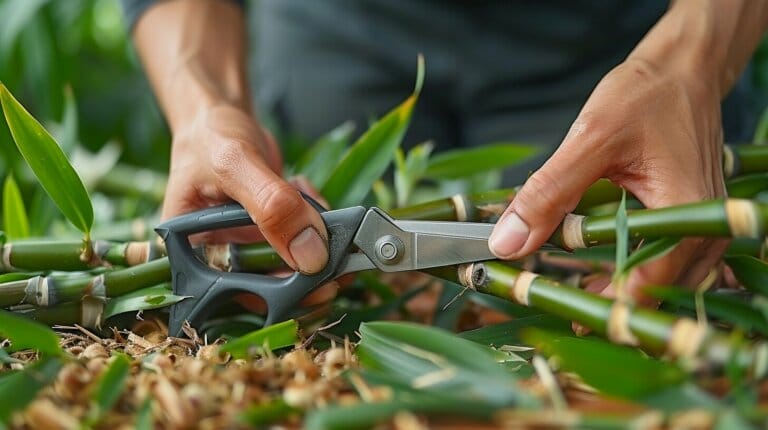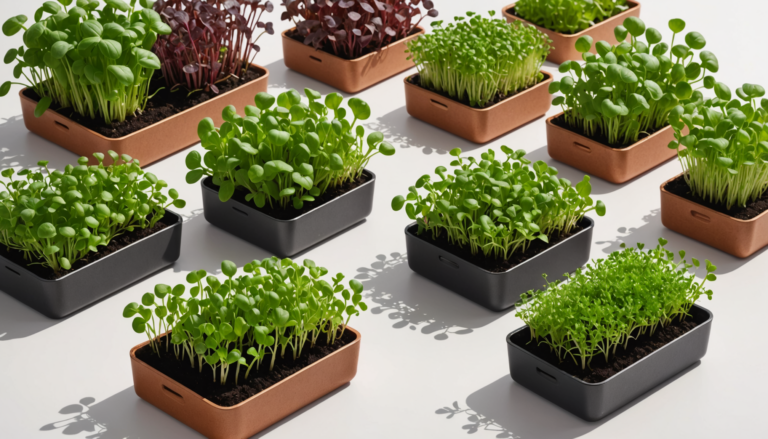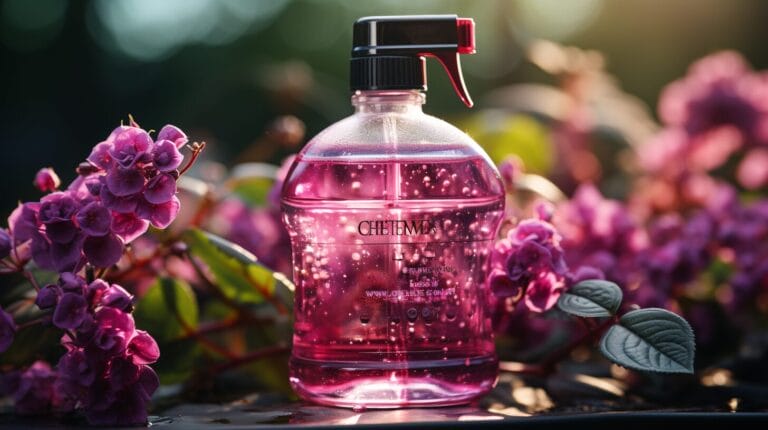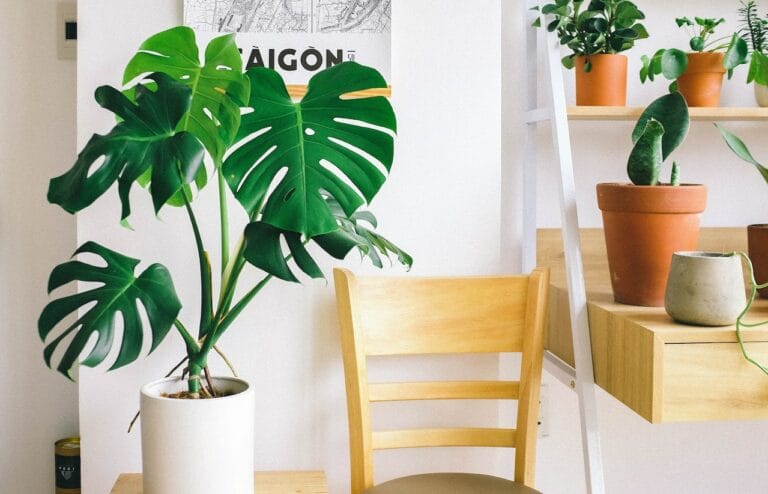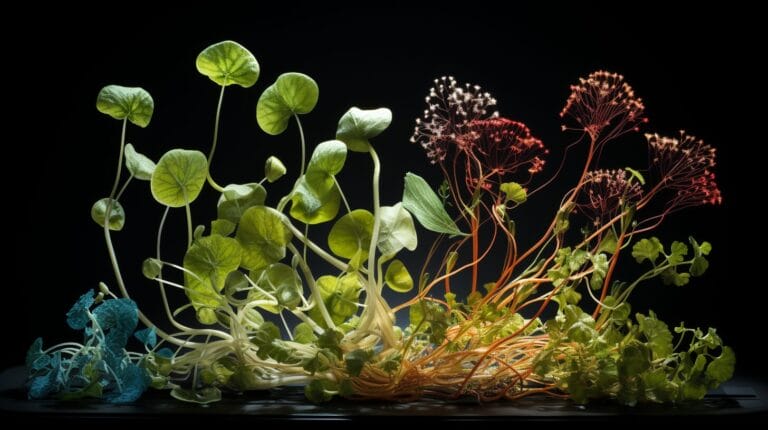Ideally located on your shelf, the Peperomia plant enhances your home with its vibrant green hue, delighting you with its homely allure. You have joyfully assumed the responsibility of a plant owner with the Peperomia, assured that this variety is safe for your pet friends. However, you may be reluctant to include a Baby Rubber Plant in your collection, due to qualms over the possible risks or health hazards its sap could present to your cats.
Investigating the validity of these claims is crucial for a responsible pet owner. We aim to clarify whether the Peperomia plant is harmless or harmful to your feline family member and suggest precautions to align your gardening passion with your pet’s well-being.
Key Takeaways
- Peperomia plants are non-toxic to cats and can be safely placed around the house.
- They are low maintenance and adaptable, making them ideal for indoor gardening.
- Cat owners can enjoy the beauty of peperomia plants without worrying about accidental ingestion by their cats.
- In case the baby rubber plant is not available, there are cat-friendly alternatives to peperomia plants in the nursery, such as spider plants, Boston ferns, African violets, and parlor palms.
Peperomia Plants: A Safe and Stylish Choice for Cat Owners
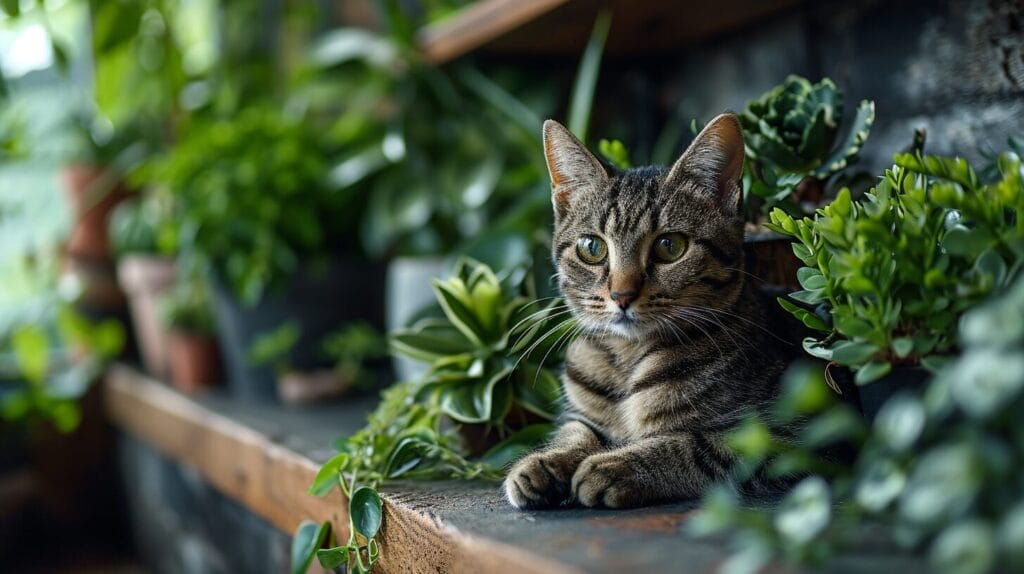
The baby rubber plant, one of the many species or cultivars of the large genus – Peperomia plants, with its lush, varied foliage, is low-maintenance and adaptable. This makes them particularly popular among indoor plants. These tropical plants, part of a large genus, come in over a thousand species. They add a touch of the tropics to your decor as an indoor plant without the need for constant attention.
They are non-toxic to cats, allowing you to beautify your home without fear of harming your pet. Watermelon, variegated, and red-edge peperomias are particularly popular and thrive in indirect light with minimal watering, making them ideal for busy plant lovers.
Peperomia Plants Toxic To Cats Or Not?: Coexisting Safely
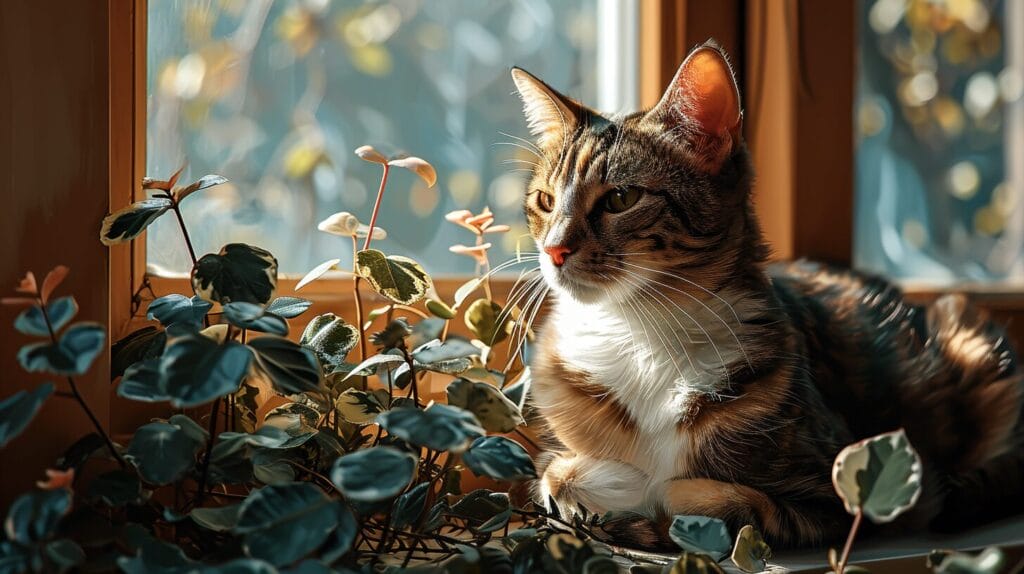
Peperomia plants are widely recognized as non-toxic and cat-friendly. However, some cats may be sensitive or allergic. Monitoring your pet’s interaction with the plants and seeking veterinary care for any adverse reactions is important.
To ensure safety with the baby rubber plant:
- Place plants on high shelves or in hanging planters.
- Use cages or fences as deterrents.
- Provide cat grass or other safe plants for chewing.
Watch for signs of gastrointestinal distress if ingestion of the baby rubber plant occurs and consult a vet if such ingestion seems to make them sick.
Cat-Friendly Alternatives to Peperomia
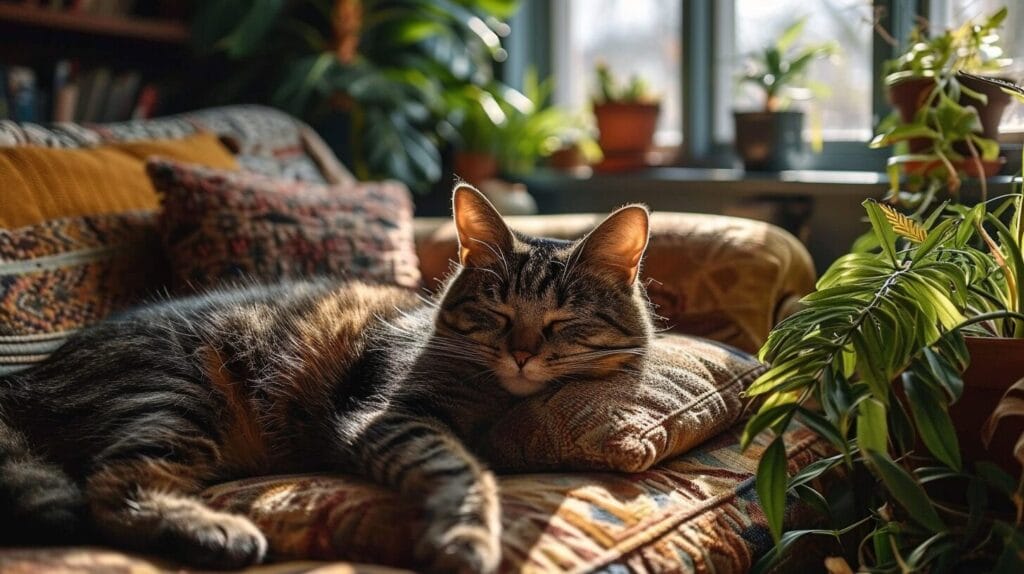
For those seeking safe houseplants, consider spider plants, Boston ferns, African violets, and parlor palms. These non-toxic options ensure that your home remains a sanctuary for your pets.
Always research and choose plants labeled as pet-safe. By selecting the baby rubber plant or these alternatives, you can maintain a vibrant indoor nursery and a healthy, happy pet.
Natural Strategies to Protect Your Plants from Curious Cats
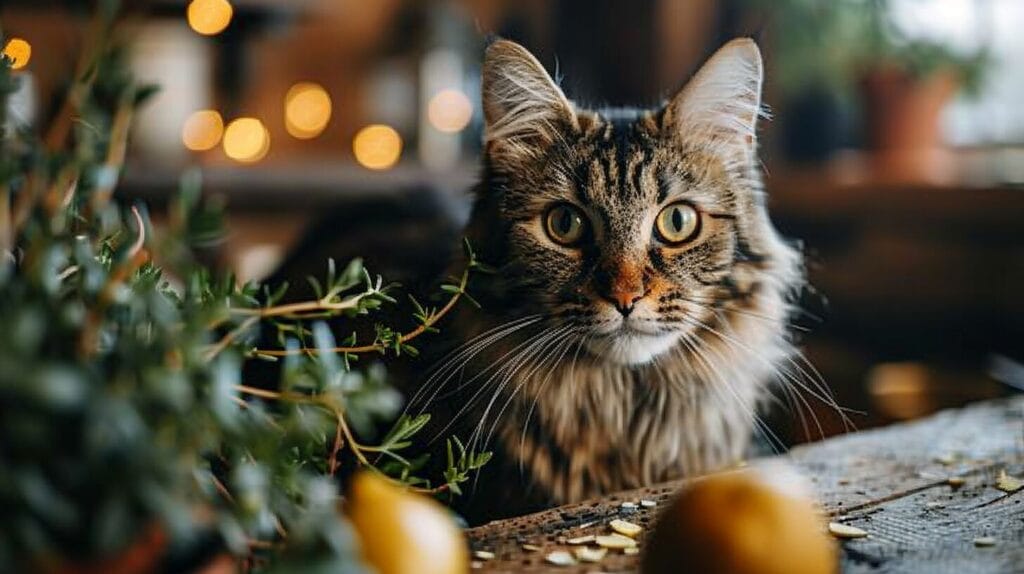
To keep cats away from plants, secure the room or use natural deterrents like citrus or eucalyptus oils. Other methods include:
- Double-sided tape or aluminum foil around plants.
- Growing cat-friendly plants in other areas.
- Using natural scent-based deterrents.
Consistency is crucial in training your cat to avoid certain areas, allowing you to enjoy your greenery worry-free.
Steps to Take if Your Cat Ingests Peperomia
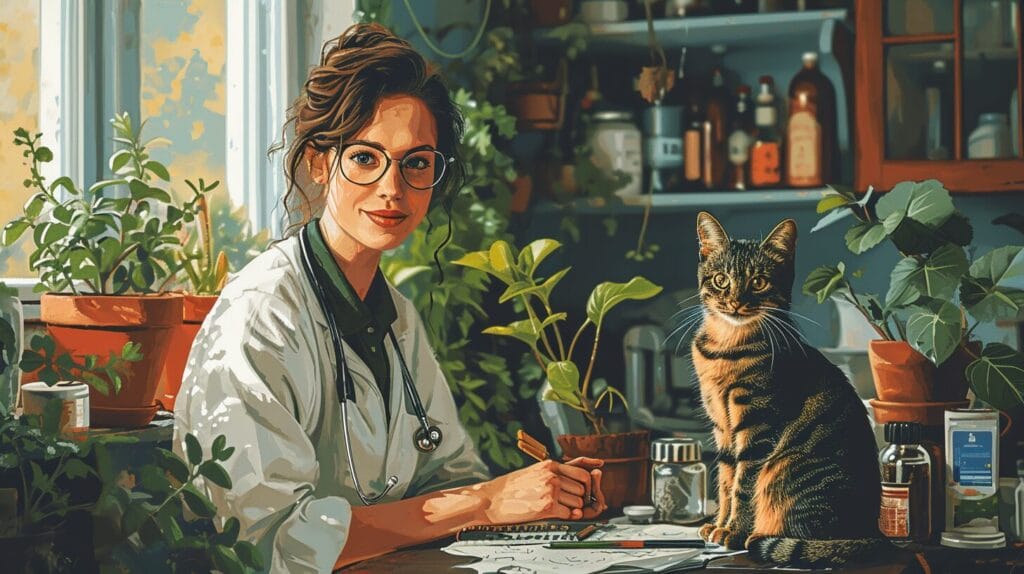
Despite Peperomia’s non-toxic status, be proactive if your cat ingests it. Monitor for distress and consult a vet for any digestive upset. In severe cases, seek immediate care or contact the Pet Poison Helpline. Observe your cat for any delayed reactions in the following days.
Can Peperomia Plants with Big Leaves Be Harmful to Cats?
Peperomia plants with big leaves can be harmful to cats if ingested. The plants contain compounds that can cause mild to moderate gastrointestinal upset in cats. To ensure the safety of your furry friends while creating an indoor jungle, consider opting for cat-friendly plants such as spider plants or catnip.
Conclusion
Your affinity for Peperomia plants can coexist with your cat’s safety. These non-toxic plants pose no substantial risk, but prevention is still advisable. Choose cat-friendly plants or use natural deterrents to protect your pets. If your cat samples Peperomia, stay calm, monitor their behavior, and seek veterinary advice if needed.
Frequently Asked Questions
Is peperomia Plant toxic to cats?
According to the ASPCA, most species or cultivars of peperomia, a large genus popular among indoor plants, are considered safe for cats, even though they’re carnivores. However, each cat can react differently, and it’s always possible that your cat may end up being allergic or sensitive to it.
Is watermelon peperomia safe for cats?
Yes, watermelon peperomia is safe for cats. It is one of the many peperomia species that are non-toxic to both cats and dogs, according to the ASPCA.
Is the variegated peperomia toxic to cats?
A: The variegated peperomia, sometimes known as the baby rubber plant, is not toxic to cats, it will not make them sick. However, it’s always a good idea to keep an eye on your pet around new plants and contact a vet if you notice any signs of discomfort or illness.
Is peperomia rotundifolia safe for cats?
Yes, peperomia rotundifolia, also known as trailing jade, is safe for cats. This small peperomia takes on a trailing growth habit, which can be fun for cats to play with, but the plant isn’t harmful if ingested.
Is leaf peperomia safe for cats?
Yes, leaf peperomia including popular types such as peperomia obtusifolia and peperomia caperata, are safe for cats. However, cats who have sensitive stomachs might vomit if they eat a lot of peperomia leaves.

